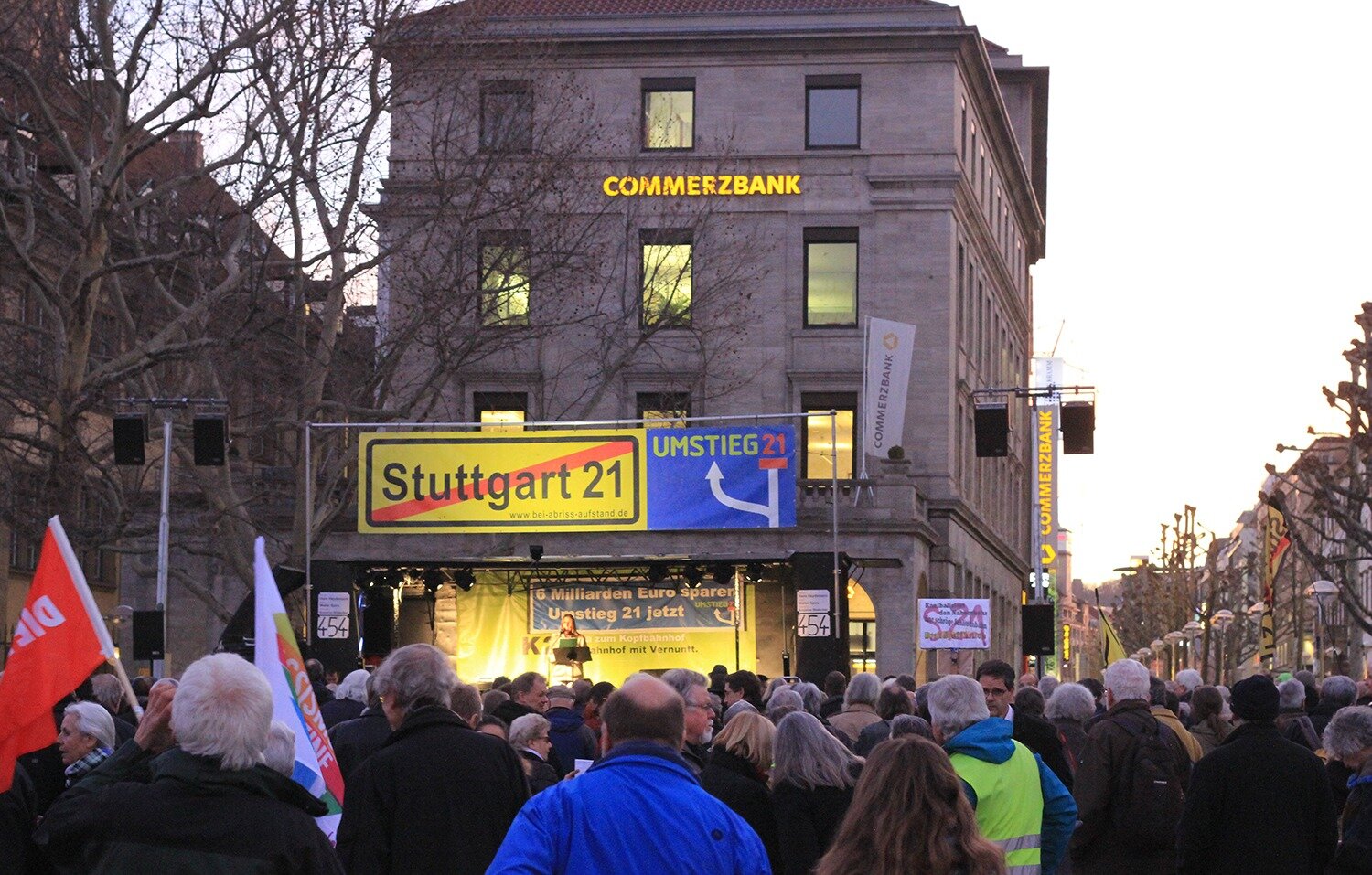As Uganda’s schools reopen, Museveni’s education promises ring hollow →
In March 2020, before the first COVID-19 case was even recorded in Uganda, President Yoweri Museveni went on national television to announce a country-wide closure of schools. Calling schools the “perfect grounds for new infections,” he said he was making the “move early to avoid the stampede.”
Most of the country’s classrooms would remain closed for 22 months, one of the longest COVID-related shutdowns in the world.
They finally reopened in January, and educators are still assessing the fallout. The damage to State House—Uganda’s executive branch—meanwhile, is already clear. With his willingness to keep schools shuttered even as he lifted other restrictions, Museveni undermined his commitment to education as a top priority of his political agenda.



